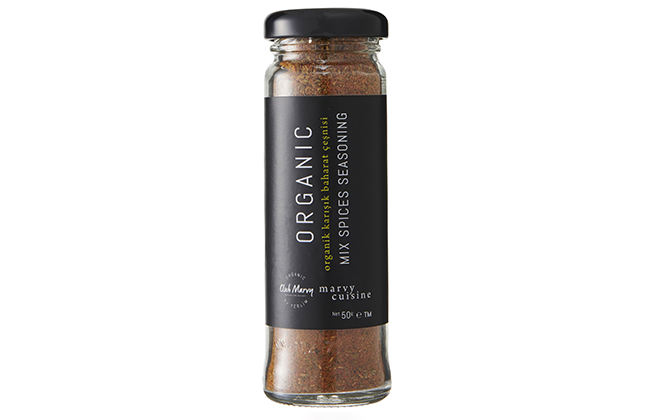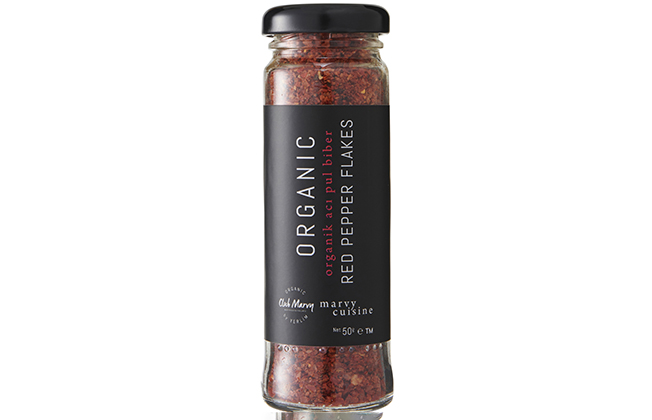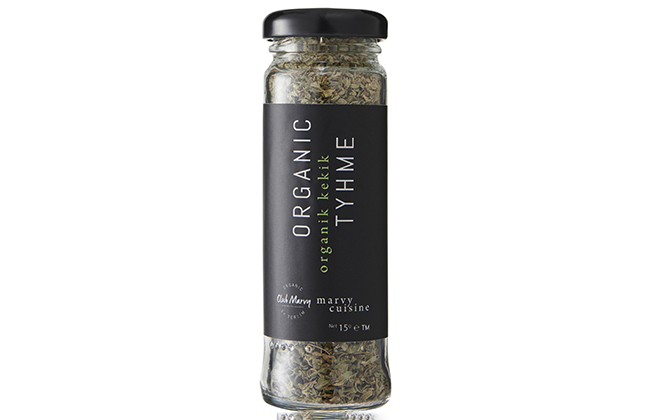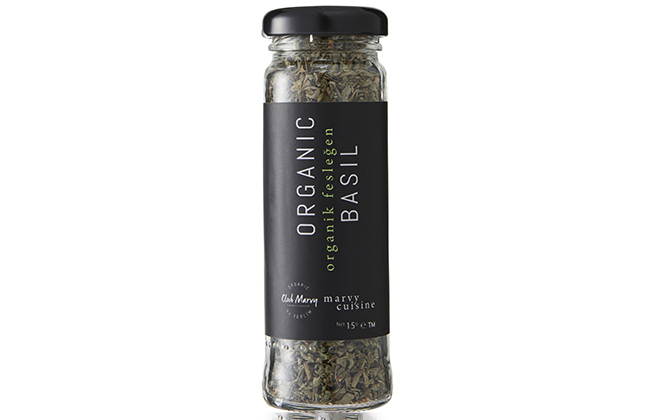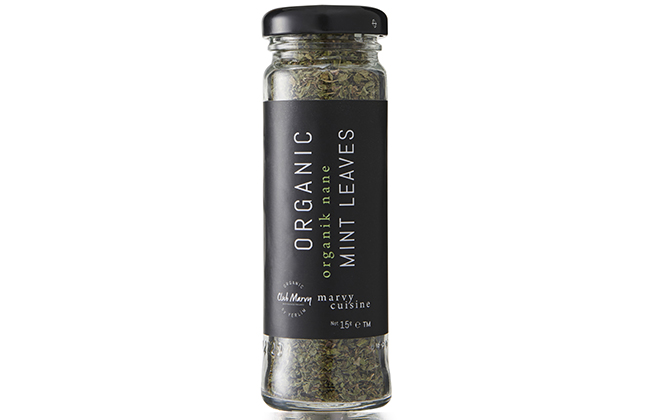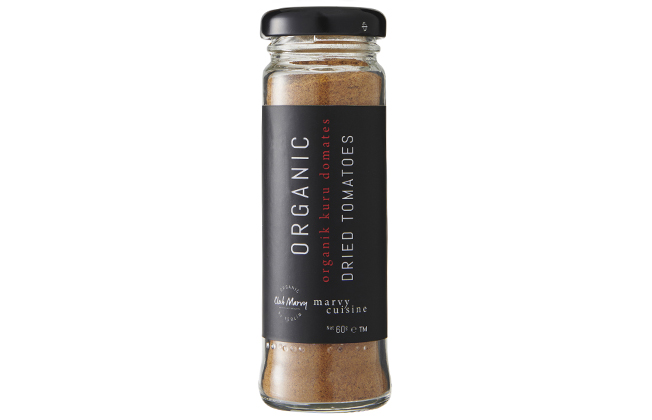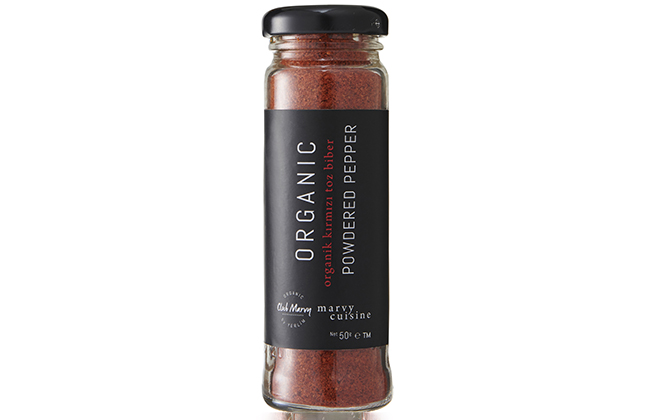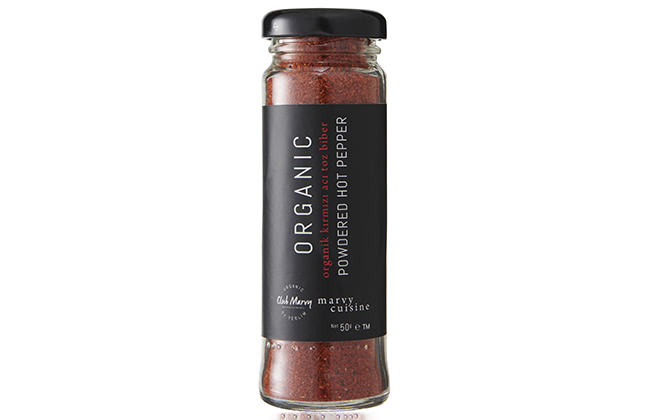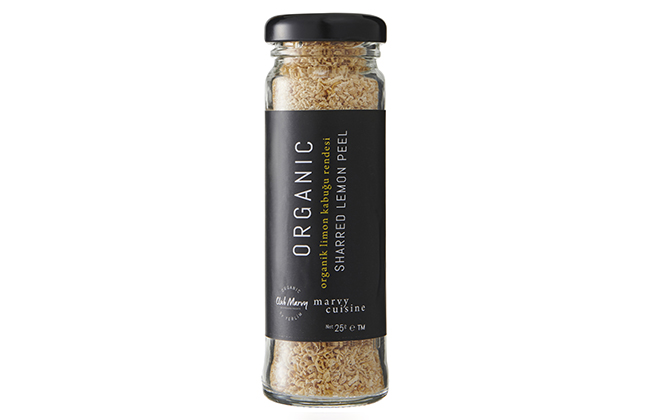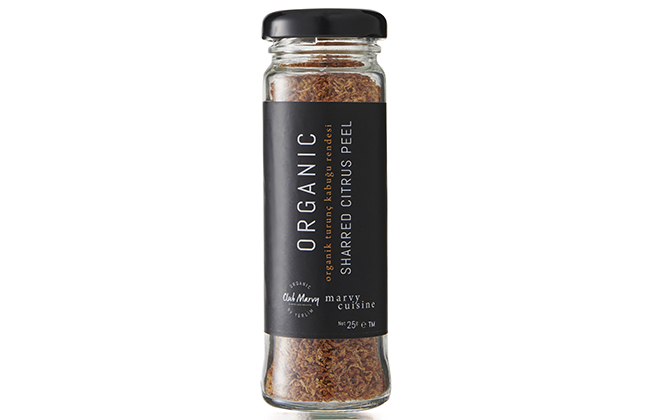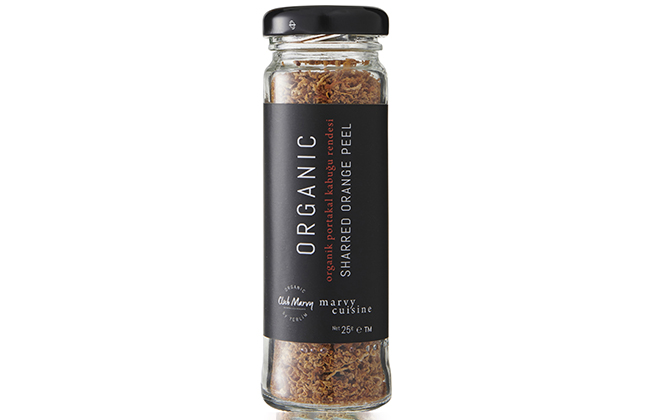Organic spices are spices that are grown and processed without the use of synthetic chemicals, or genetically modified organisms (GMOs). These spices are cultivated using organic farming methods, which emphasize sustainability, soil health, and ecological balance. Here are some key characteristics and benefits of organic spices:
No Synthetic Chemicals
Organic spice farmers avoid using synthetic chemicals, such as pesticides and herbicides, to protect the plants from pests and diseases. Instead, they rely on natural and organic alternatives.
Non-GMO
Organic spices are not genetically modified. They are grown from non-GMO seeds, preserving the genetic integrity of the plant.
Soil Health
Organic farming practices focus on maintaining and improving soil health through techniques like crop rotation, composting, and reduced tillage. Healthy soil leads to healthier and more flavorful spice plants.
Sustainable Agriculture
Organic spice farming often employs sustainable agricultural practices, which aim to minimize the environmental impact and promote long-term ecological balance.
Reduced Environmental Impact
Organic farming typically uses fewer resources and has a lower environmental footprint, as it avoids synthetic chemicals and promotes biodiversity.
Certification
Organic spices are typically certified by regulatory bodies to ensure compliance with organic standards.
Better Flavor and Aroma
Many enthusiasts of organic spices claim that they have a superior flavor and aroma compared to conventionally grown spices. The absence of synthetic chemicals may contribute to a purer and more intense taste.
Health Benefits
Since organic spices are grown without synthetic chemicals, they are considered a healthier option for those concerned about pesticide residues in their food.
Organic spices can be used in cooking and seasoning just like conventional spices. The decision to use organic spices often depends on personal preferences and dietary choices, as well as a commitment to supporting sustainable and environmentally-friendly farming practices.
At Marvy Shop, you can find organic spices produced at our own farm, Yerlim with using traditional agriculture and good farming processes.
Organic spices come in a wide variety, mirroring the diversity of conventional spices. Here are some common types of organic spices:
Organic Black Pepper
Black pepper is a common organic spice that's used for seasoning and adding heat to dishes. It's available as whole peppercorns or ground pepper.
Organic Paprika
Organic paprika is made from dried and ground peppers and comes in various types, including sweet, hot, and smoked. It's often used to add color and flavor to a variety of dishes.
Organic Oregano
Organic oregano is a staple in Mediterranean and Italian cooking, known for its robust and slightly peppery flavor.
Organic Thyme
Thyme is an aromatic herb often used in soups, stews, and roasted dishes. It imparts a savory and earthy flavor.
Organic Basil
Basil is a fragrant herb used in various cuisines, particularly Italian. Organic basil is a common ingredient in pesto and tomato-based dishes.
Organic Rosemary
Rosemary is an aromatic herb with a strong, pine-like flavor, often used in roasts and savory dishes.
Organic Chili Powder
Chili powder is a blend of ground chili peppers and other spices. It's used to add heat and flavor to dishes, such as chili and Mexican cuisine.
These are just a few examples of the many organic spices available. Organic spice varieties can vary depending on where they are grown and the specific organic farming practices used by the producers. Using organic spices in your cooking can be a flavorful and sustainable choice.
At Marvy Shop, you can find organic spices according to your taste and usage preference.
Spices are typically very low in calories. The caloric content of spices is primarily derived from small amounts of carbohydrates and proteins, but it is minimal due to the small quantities typically used in recipes. In most cases, the calorie content of spices is negligible unless consumed in excessive amounts.
On average, one teaspoon (about 2 grams) of most ground spices contains approximately 5-10 calories.
It's important to note that when using spices in your cooking, the calorie content from spices is usually not a significant factor in the overall calorie count of a meal. The nutritional impact of spices is mainly in the flavor and aroma they contribute to dishes rather than their caloric content.
